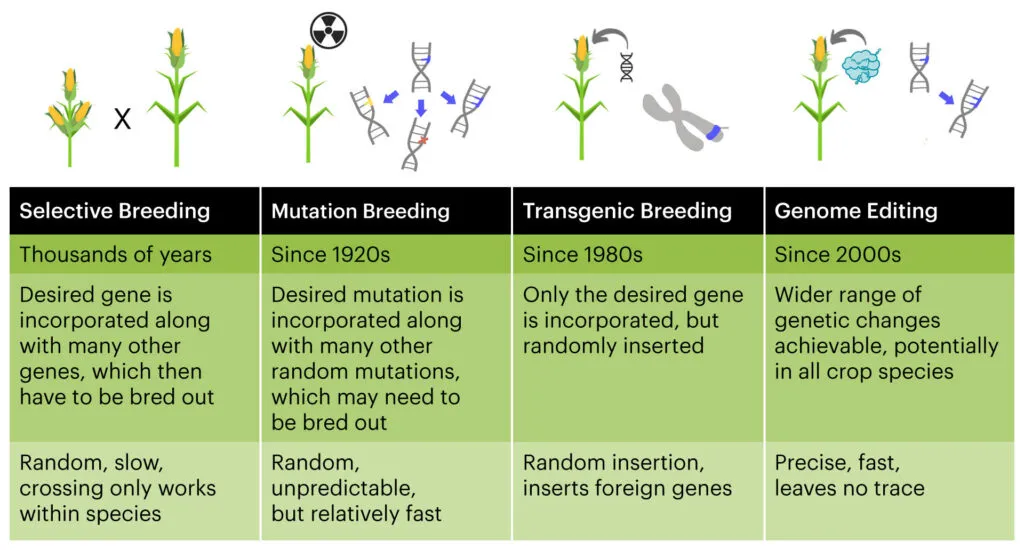At the recent forum “Gene editing in agriculture – Strategic technology tied to a legal framework,” Deputy Minister of Agriculture and Environment Phung Duc Tien underscored the pivotal role of biotechnology, particularly gene technology, in revolutionizing agriculture. This technological wave is enhancing productivity, quality, and resilience in both crops and livestock, aligning with Vietnam’s strategic vision outlined in Resolutions No. 19 and No. 57. These resolutions position biotechnology as a cornerstone for transforming Vietnam’s agricultural sector into a circular, biological, and sustainable model.
Deputy Minister Tien highlighted Vietnam’s substantial contributions to global food security. Through the application of biotechnology in breeding, cultivation, and preservation, Vietnam has significantly boosted its food production. In the first nine months of this year alone, the country produced over 34.8 million tons of rice, ensuring domestic food security for its 104 million people and contributing over 7 million tons to international markets. This underscores Vietnam’s critical role in global food supply chains.
The Deputy Minister emphasized the growing global demand for safe and sustainable food, noting that Vietnam not only feeds its own population but also plays a vital role in global food access. The continued imports of Vietnamese rice and agricultural products by countries such as the Philippines, Singapore, and Brazil attest to the quality and credibility of Vietnamese agricultural goods on the global stage.
Looking forward, the Ministry of Agriculture and Environment is committed to further promoting biotechnology in crop breeding, livestock development, farming, and processing. The recent government decision to develop a bio-industrial sector represents a strategic move, opening new opportunities for Vietnamese science and innovation. Policy reforms are also being introduced to create a more favorable environment for scientists and businesses to invest in this high-tech field.
Deputy Minister Tien urged bold steps into high-knowledge sectors such as gene technology, vaccines, and bio-industry, acknowledging that success will require sustained effort. “This is the path for Vietnam to master its own technology and the future of agriculture,” he stated.
Associate Professor Dr. Nguyen Phuong Thao from the International University of Vietnam National University – Ho Chi Minh City echoed the potential for Vietnam to become a leading hub for biotech innovation, particularly in tropical crops. However, she cautioned that Vietnam must swiftly finalize its legal and regulatory framework for gene editing technologies. This includes establishing safety standards, certification processes, and financial support mechanisms to facilitate the commercialization of biotech products.
The implications of these developments are profound. By embracing biotechnology and gene editing, Vietnam is poised to enhance its agricultural productivity, ensure food security, and strengthen its position in the global market. The focus on policy support and regulatory frameworks will be crucial in unlocking the full potential of these technologies, paving the way for a sustainable and innovative agricultural future.

